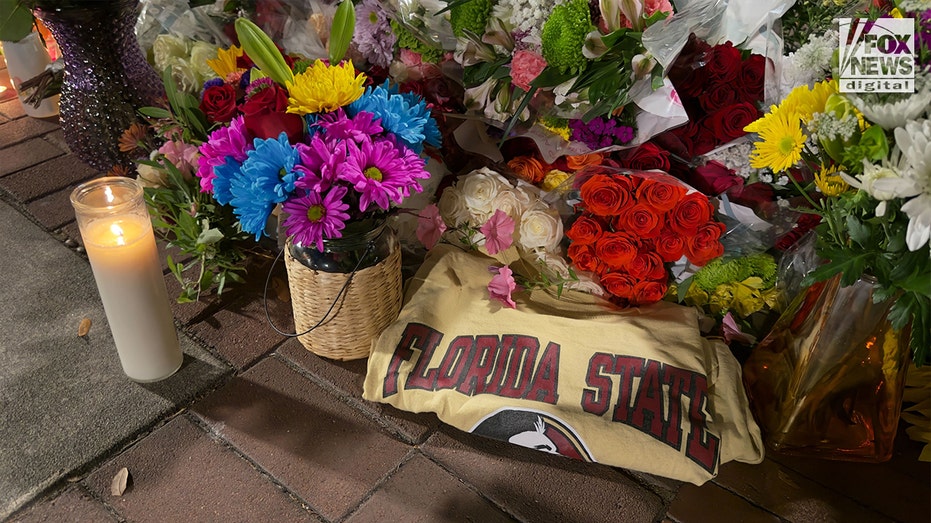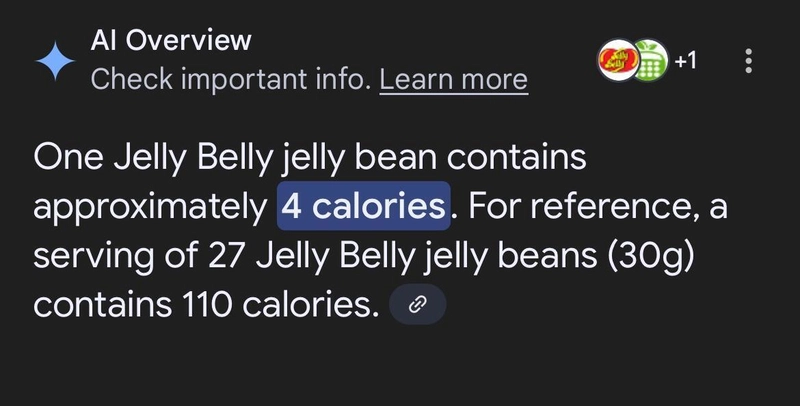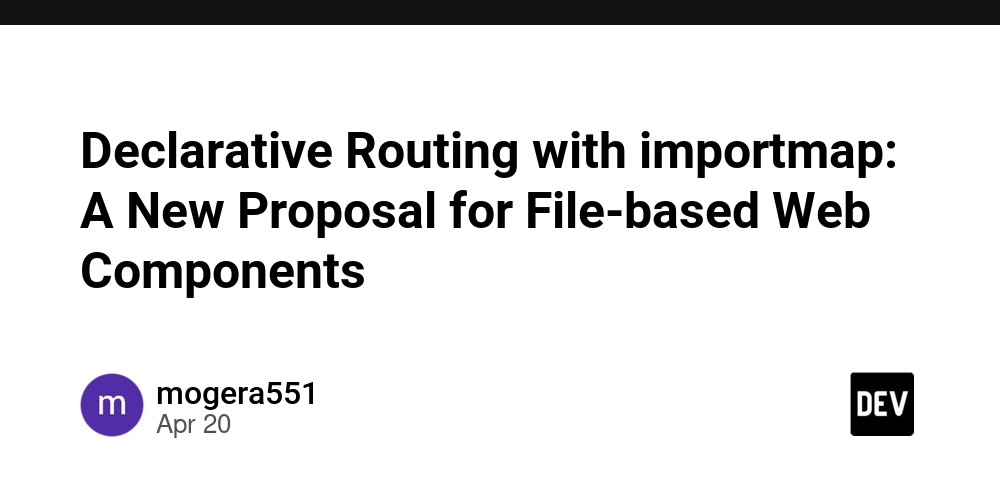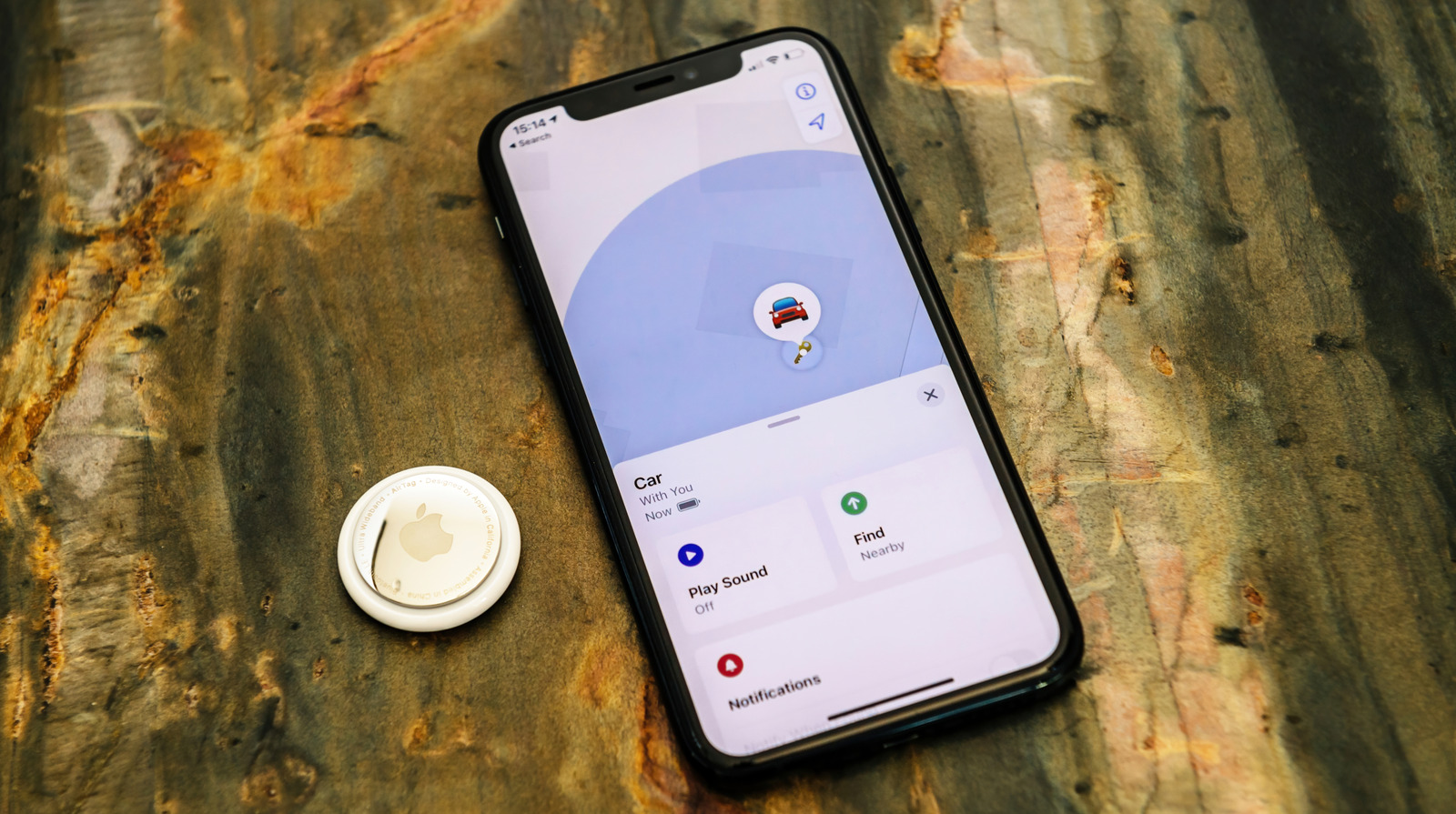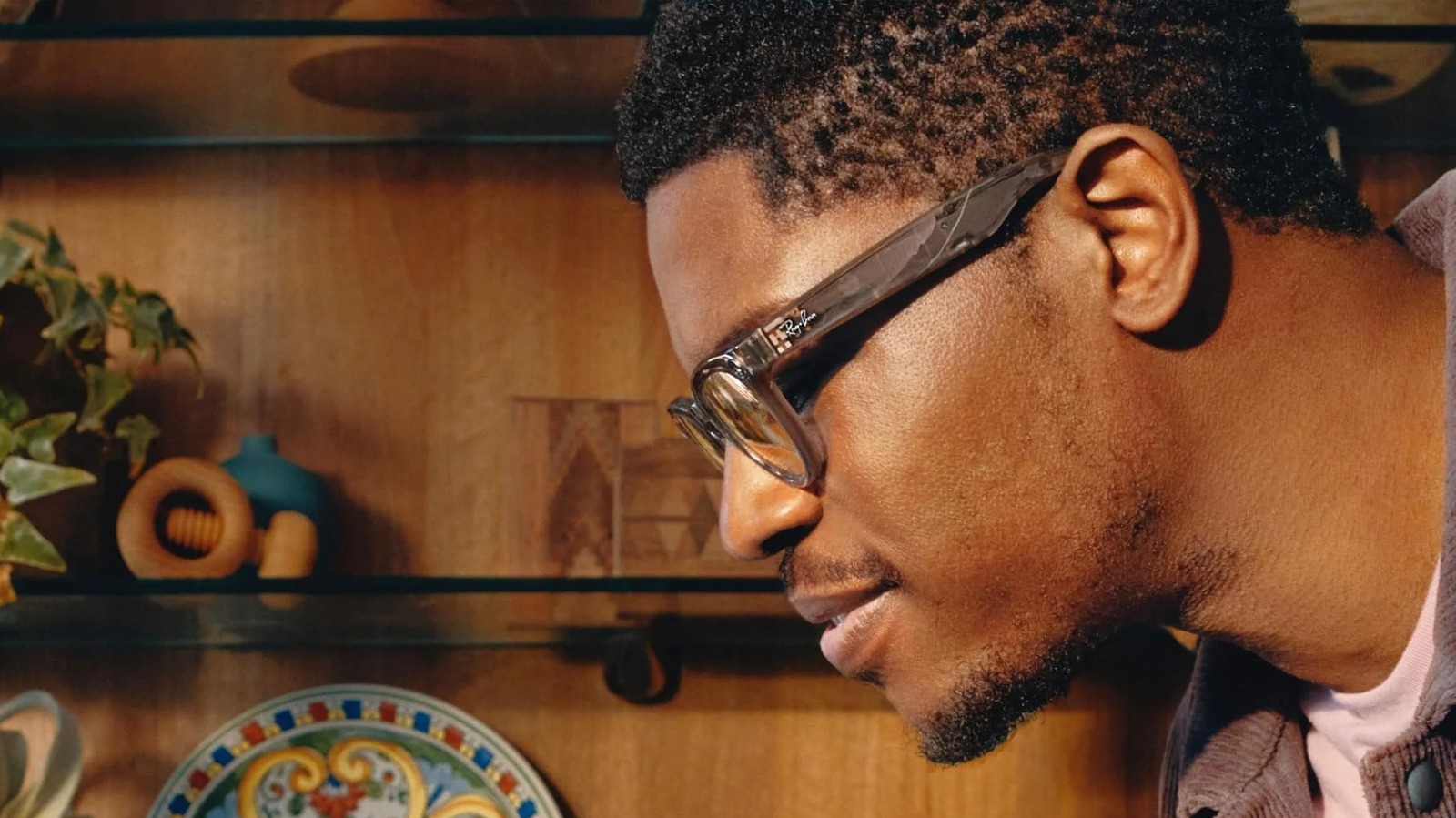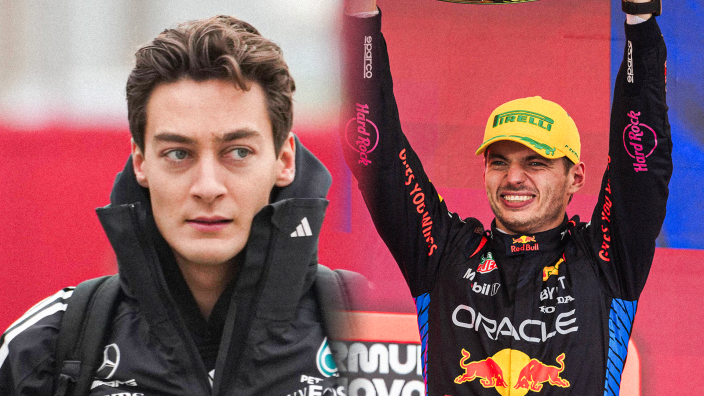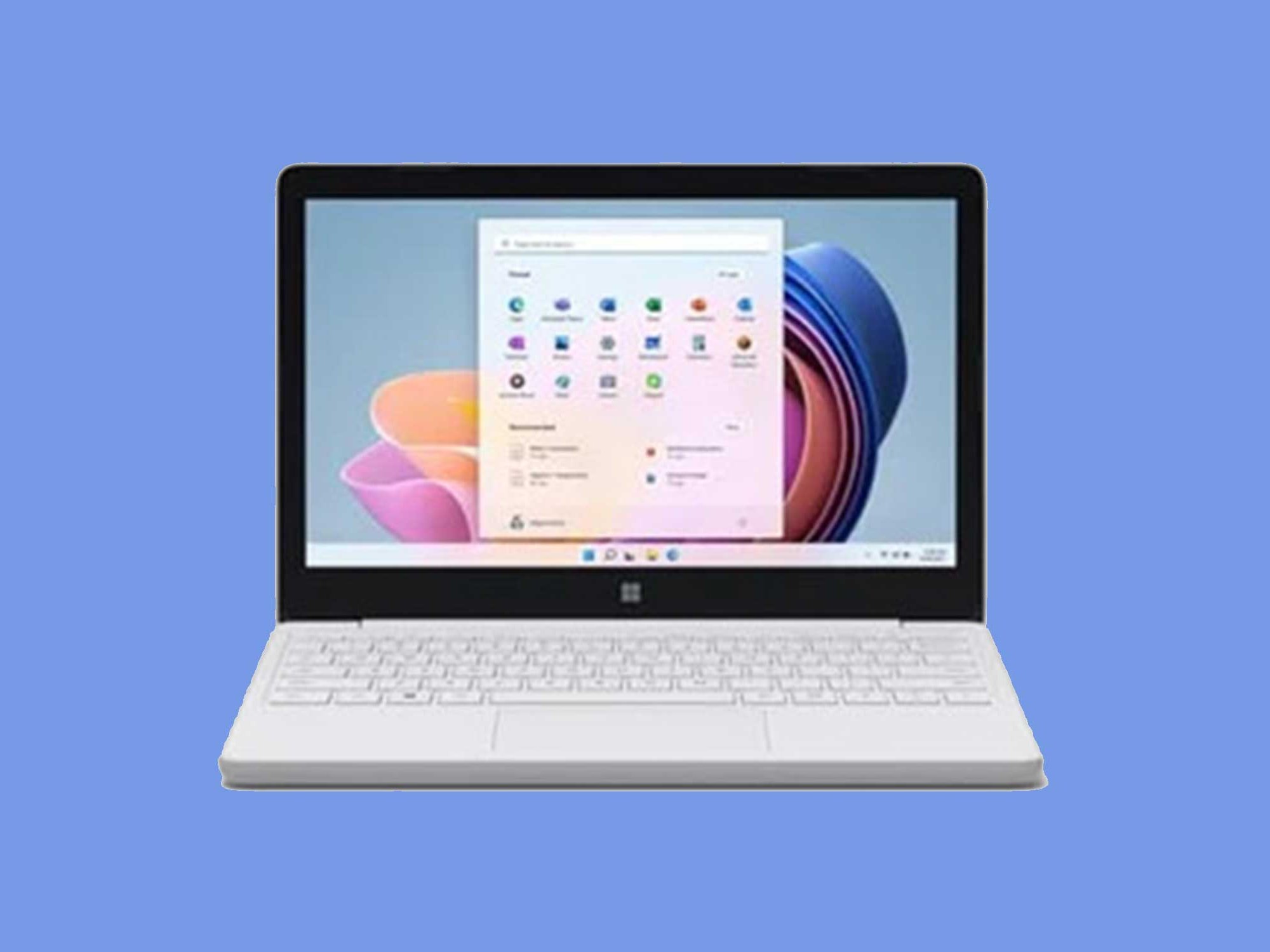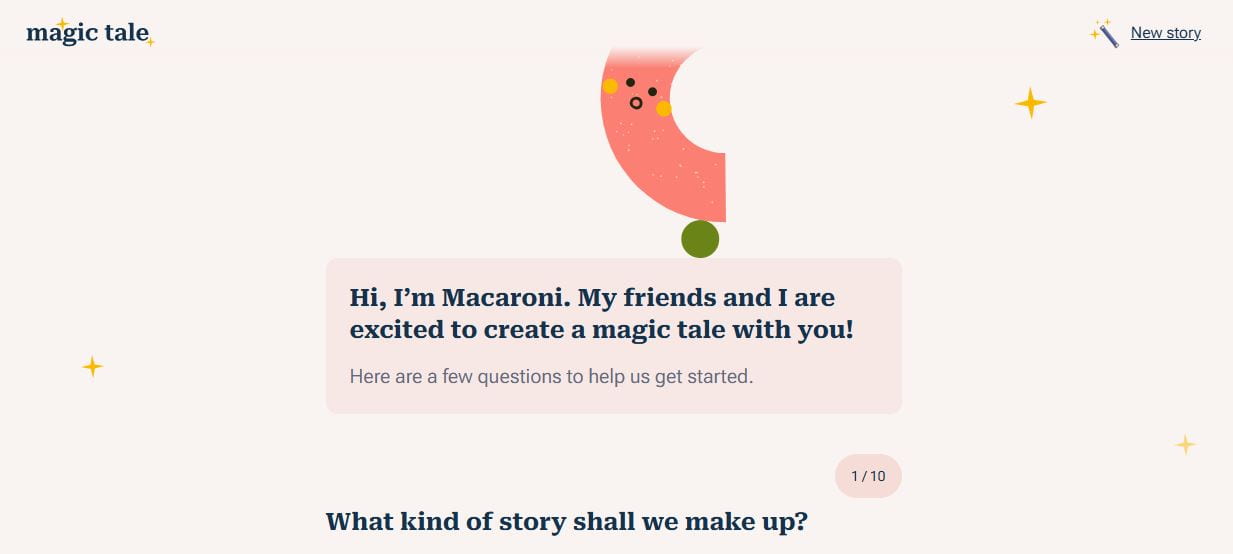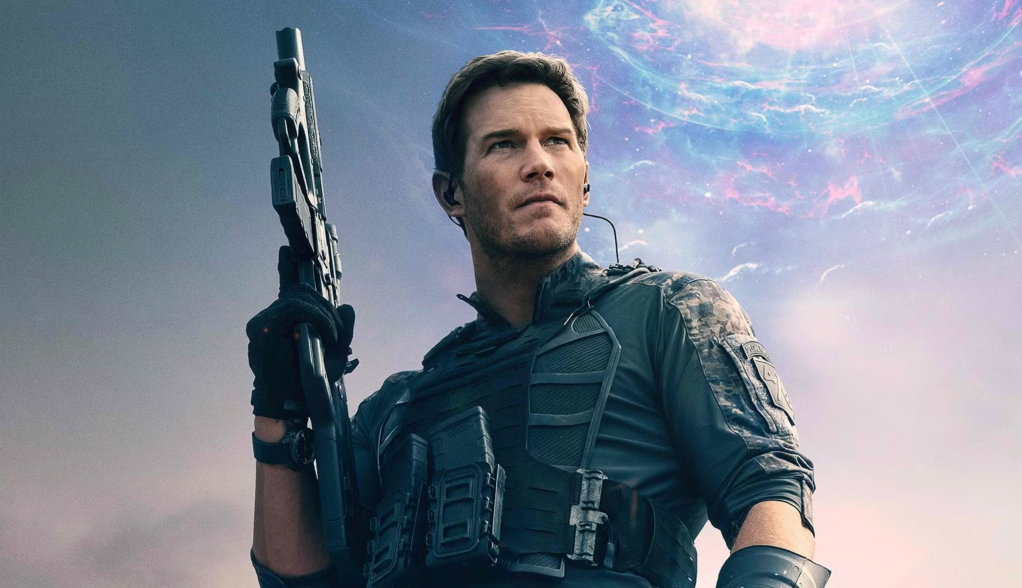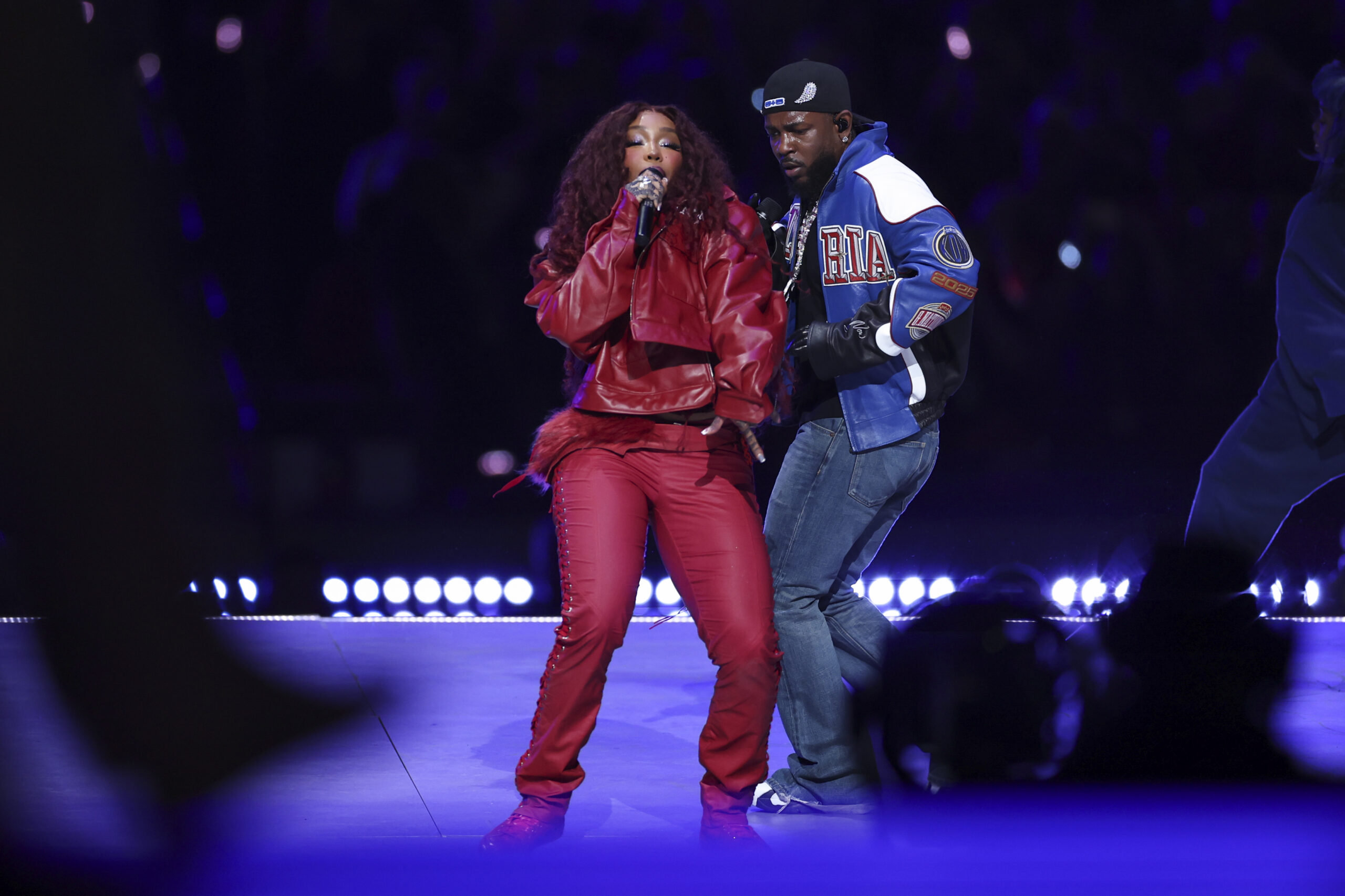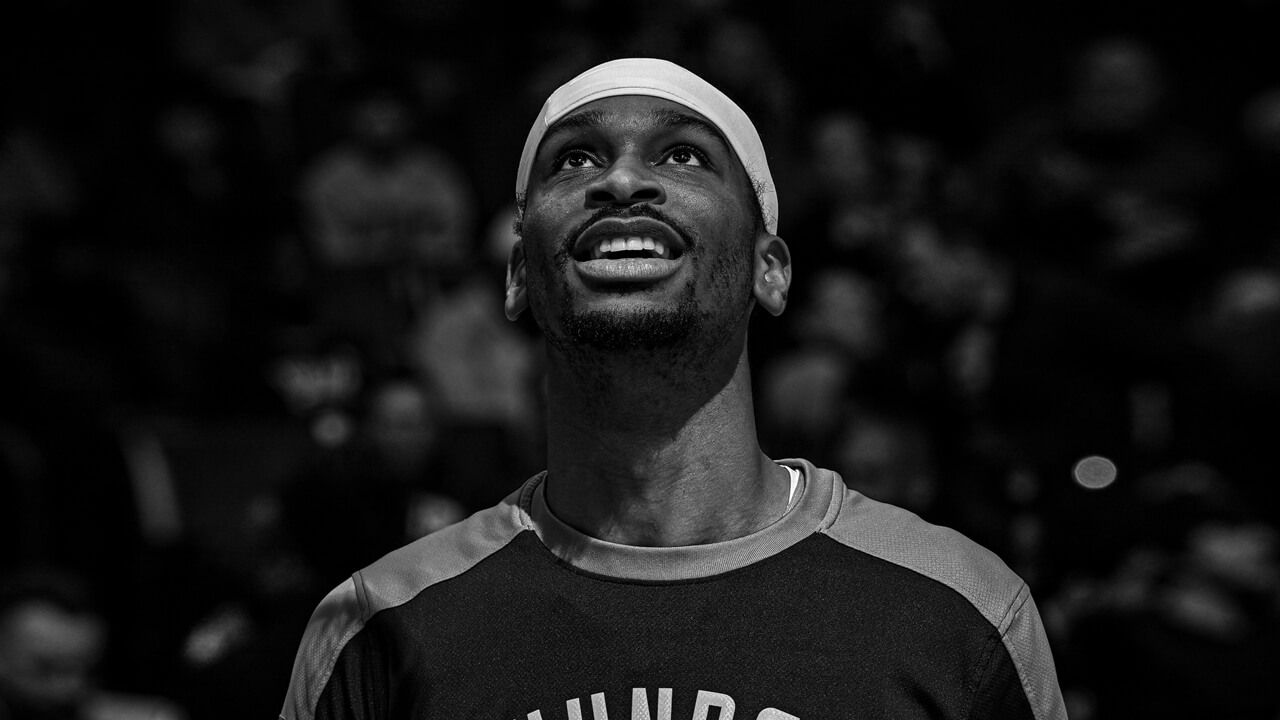Zuckerberg dished to Sheryl Sandberg about why Facebook bought Instagram — and offered a Settlers of Catan lesson
An FTC lawyer grilled Mark Zuckerberg over his company's purchase of Instagram during Meta's antitrust trial.
REUTERS / DANA VERKOUTEREN
- Mark Zuckerberg returned for a second day of testimony in Meta's antitrust trial.
- The Meta boss was grilled by the FTC about his company's 2012 purchase of Instagram.
- The FTC claims Meta's acquisitions of Instagram and WhatsApp violated competition laws.
Meta CEO Mark Zuckerberg was back in the hot seat on Tuesday in the social media empire's landmark antitrust trial.
While on the witness stand for a second day of testimony, the tech mogul faced intense grilling by a Federal Trade Commission lawyer over his company's 2012 purchase of Instagram for $1 billion.
The FTC argues in its case against Meta that the company "helped cement" its illegal monopoly in the social media market with its acquisition of Instagram and the messaging app WhatsApp two years later.
Zuckerberg justified the purchase of Instagram in a November 2012 message to Sheryl Sandberg, the former chief operating officer of Meta, which was then called Facebook.
In the same note, he offered to teach Sandberg how to play the board game Settlers of Catan, according to partially redacted messages revealed by the US government during Zuckerberg's testimony.
"We would love it. I want to learn Settlers of Catan too so we can play," Sandberg told Zuckerberg in the message.
He responded: "I can definitely teach you Settlers of Catan. It's very easy to learn."
A recently-released memoir by former Facebook executive Sarah Wynn-Williams claimed that company employees let Zuckerberg win the popular board game in which players compete to build settlements and cities. An ex-employee has denied the account, saying Zuckerberg actually won by convincing the other players to gang up on him. Kevin Dietsch/Getty Images
Buying competitors
In his 2012 messages to Sandberg, Zuckerberg wrote that Facebook Messenger wasn't "beating" WhatsApp and added, "Instagram was growing so much faster than us that we had to buy them for $1 billion."
"That's not exactly killing it," Zuckerberg wrote.
While under questioning on Tuesday in a Washington, DC, federal courtroom, the FTC's lead litigator Daniel Matheson posited to Zuckerberg that the "genuine reason" he bought Instagram was to be "disruptive."
"If you choose to buy something, you are inherently taking someone who would be a competitor off the market," Zuckerberg testified. "It ended up being very valuable to bring them in."
Matheson then raised the idea that Zuckerberg could have developed his own alternative to Instagram to compete.
"We could have built our own app, but whether it would have succeeded or not would be speculation," Zuckerberg said. "We have probably tried building dozens of apps over the history of the company and a majority of them don't go anywhere."
The US government called Zuckerberg as its first witness after the blockbuster trial opened on Monday. The trial is expected to last up to eight weeks.
The FTC argues that Meta's $1 billion acquisition of Instagram and its $19 billion acquisition of WhatsApp were intended to box out competition and dominate the social media sphere.
The government says these acquisitions were part of Meta's "buy or bury" strategy to maintain market dominance and stamp out competitive threats.
The FTC said in court papers that Meta had maintained its monopoly position "in significant part" by pursuing Zuckerberg's strategy outlined in an internal 2008 email in which the CEO wrote, "It is better to buy than compete."
Meta argues there is no monopoly and that the company faces massive competition from apps like TikTok and YouTube — and is no longer just for social networking, but rather part of a greater entertainment landscape with plenty of rivals.
The case, which will be decided by Judge James Boasberg, could be one of the most consequential antitrust trials in years. If FTC regulators have their way, Meta could be forced to sell off WhatsApp and Instagram.
